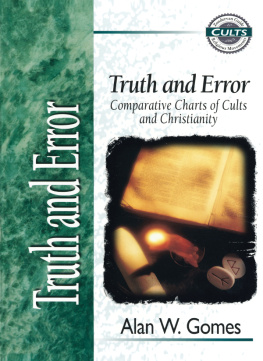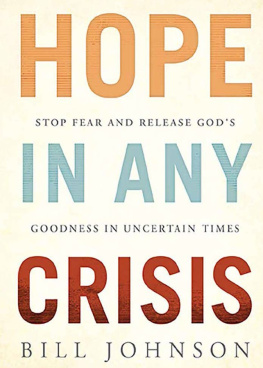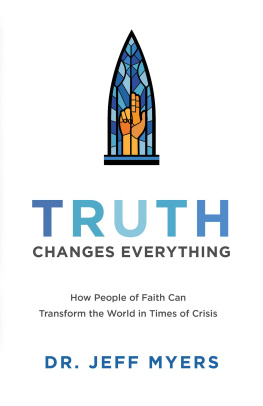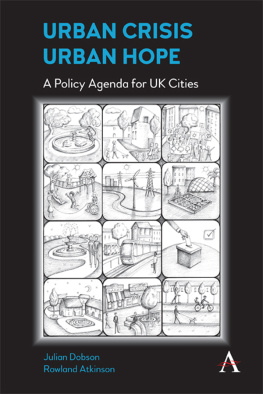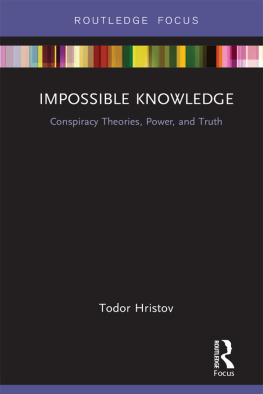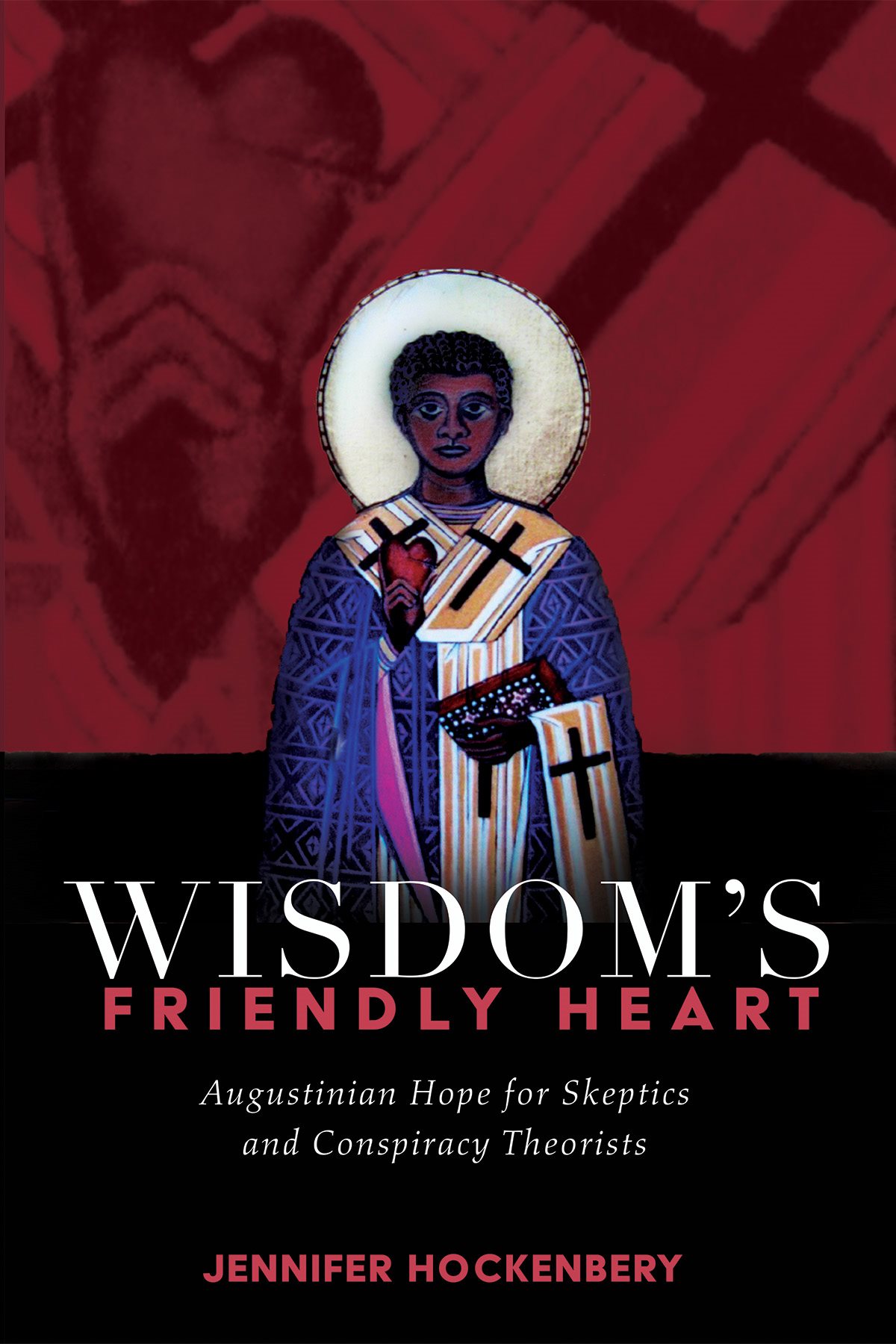What might Augustines profound love of truth look like in our contemporary settingwith its postmodern skepticism, post-truth cynicism, elitist power games, and belligerent conspiracy theorists? Jennifer Dragseths book gives us a way to answer this question, aiming to reinvigorate the hope that Truth itself actively enters into relationship with us, having a friendly heart that wants to be found.
Phillip Cary , Eastern University
Wisdoms Friendly Heart tracks St. Augustines response to the skepticism and conspiracy theories of his time through 1,500 years and from North Africa to North America. His emphasis on truth-seeking as embodied friendly relationship with others and with Truth can also address the urgent questions and concerns of our time. This brilliant and well-researched book will be useful to scholars and to anyone who has been intrigued, puzzled, and stirred by reading Augustine.
Margaret Miles , Graduate Theological Union
Augustine, an old pessimistic curmudgeon? Wrong. By the way, does our own time fare better? Among us, a deep mistrust about the truth, smeared by fake news of all ilk, despair of the future, a hidden hatred of the body are rampant. In her short, fresh, crisply written, reader-friendly book, Prof. Dragseth prescribes a cure. She convincingly shows that Augustines passionate quest for wisdom as the source of joy can adequately meet our predicament.
Rmi Brague , Universit Panthon-Sorbonne and Ludwig-Maximilians Universitt
A meticulous re-lecture of Augustine from a philosophical viewpoint. It avoids confessional commitments and gives a fresh interpretation with regard to Augustines search for truth. In particular this interpretation faces postmodern and post-Christendom challenges and makes a vital contribution to contemporary searches for intellectual security. The study reintegrates Augustine into actual debates and votes for Christian hope as a model for overcoming the plurality of solutions to current problems with a rational as much as spiritual way of religious thought.
Markus Wriedt , Goethe University Frankfurt
Wisdoms Friendly Heart
Augustinian Hope for Skeptics and Conspiracy Theorists
Jennifer Hockenbery
For my Adeodati
Luke, Phoebe, and Hope
You are my gifts from God and the surest signs of Gods friendly heart.
Thank you for all you have taught me.
A Note on Translation and Citations
I have used only my own translations for all non-English quotes in the body of the text, attempting to be as literal as understandable English allows. In particular, I have paid close attention to the pronouns used by each author for God, using the masculine, feminine, or neuter in English when the author has done so in Greek, Latin, French, or German. Importantly, all four of those languages use the feminine pronoun for Truth and Wisdom. In addition, I have tried to translate other terms for God as close to its cultural context as possible. For example, the term dominus in the late antique Roman empire was a regularly used term of respect for a male who was a citizen and the most prominent member of his household. Sometimes, Augustine was implying a familiar relationship when he addressed God as dominus, as if God were a fellow citizen. In such instances, I use the term Sir. At other times, Augustine is clearly using the term to denote the person in charge of a household, a household in which Augustine was considering himself a child or, at times, a servant. At such times, I use master of the house. Augustine would have understood that dominus was the Latin translation of adonai in Hebrew and kyrie in Greek, terms that are also forms of address for human men with wealth and property, although not in a feudal context. The medieval English term Lord conveys a meaning that would have been foreign to Augustines context. Of course, the term is appropriate to Hildegard, Thomas, and Luthers medieval feudal contexts. So for those authors, I do use the word Lord for dominus .
I always have included the passage in its original language (if other than English) in the footnotes. The sources of the original language quotes appear in the bibliography as do quality English versions of most of the books cited in the original language. I use the English translations of the titles of all works I cite in the body of the text but include the original titles in the footnotes and the bibliography. Augustines works are cited in the footnotes with an abbreviation of the Latin title and the book, chapter, and paragraph number. For those works that only have one book, only the chapter and paragraph number appear, and in the rare instances where there are no chapters, only the paragraph number is cited. For the quotes from the Confessions, I use J. J. ODonnells edition of the Latin. Quotes from the other texts of Augustine are from Latin texts from J. P. Mignes Patrologia Latina , published online. Other ancient sources are similarly cited using standard pages or book, chapter, and/or paragraph numbers. When available, I also have provided an online location for the original language text. My hope is that those who want to check these quotes for accuracy or for the purpose of their own research will be able to do so easily, while those who simply want a general understanding of the ideas will get a taste of the rhetoric and style of each of the philosophers and other writers I quote.
. See Augustine, Opera Omnia .
Abbreviations for Augustines Works
All quotations from the Confessions are from J. J. ODonnells edition. See Augustine, Confessiones . All quotations of Augustines other works are from J. P. Mignes Patologia Latina and can also be accessed online. See Augustine, Opera Omnia .
BV de Beata Vita ( On the Happy Life ) ()
CA Contra Academicos ( Against the Academic Skeptics ) ()
CD de Civitate Dei ( The City of God ) ()
CJ Contra Secundam Iulianam responsionem imperfectum opus ( Against Julian) ()
Conf. Confessiones ( Confessions ) ()
DGM de Genesis contra Manichaeos ( On Genesis against the Manicheans in Two Books ) ()
DG d e Genesi ad litteram imperfectus liber ( On the Literal Meaning of Genesis: An Unfinished Book) ()
DG de Genesi ad litteram libri duodecim ( On the Literal Meaning of Genesis in Twelve Books) ()
Doct. de Doctrina Christiana ( On Christian Doctrine ) ()
DM de Magistro ( On the Teacher ) ()
DME de Moribus Ecclesiae Catholicae et de Moribus Manichaeorum ( On the Morals of the Catholic Church and the Morals of the Manicheans ) ()
DSD de Sermone Domini in Monte ( On the Sermon on the Mount) ()
Ench Enchiridion de Laurentium de Fide, Spe, et Charitate ( Handbook on Faith, Hope, and Love ) ()
Enn. Ps. Enarrationes in Psalmos ( Narrations on the Psalms ) ()
Epis. Epistolae ( Letters ) ()
LA de Libero Arbitrio ( On the Freedom of the Will ) ()
NB de Natura Boni ( On the Nature of the Good ) ()
Ord. de Ordine ( On Order ) ()
Ret. Retractiones ( Retractions ) ()
Sermon Sermones ( Sermons ) ()
Sol. Soliloquia ( Soliloquies ) ()
SL de Spiritu et Littera (On the Spirit and the Letter) ()
TJ Tractatus in Evangelium Iohannis ( Tractate on The Gospel of John ) ()
Trin. de Trinitate ( On the Trinity) ()
VR de Vera Religione (O n True Religion ) ()
UC de Utilitate Credenda ( On the Usefulness of Belief ) ()
Timeline of Augustines Life


